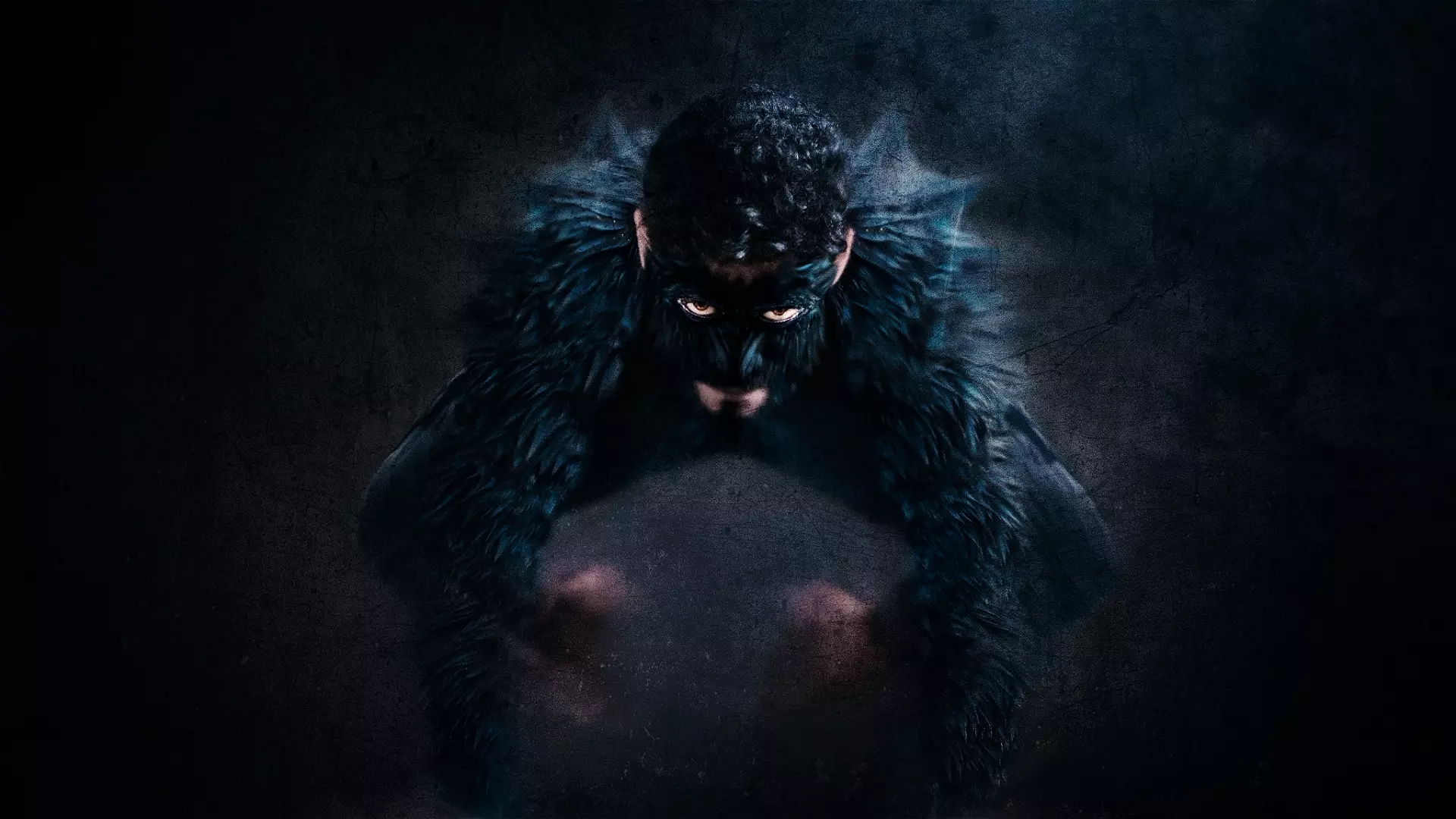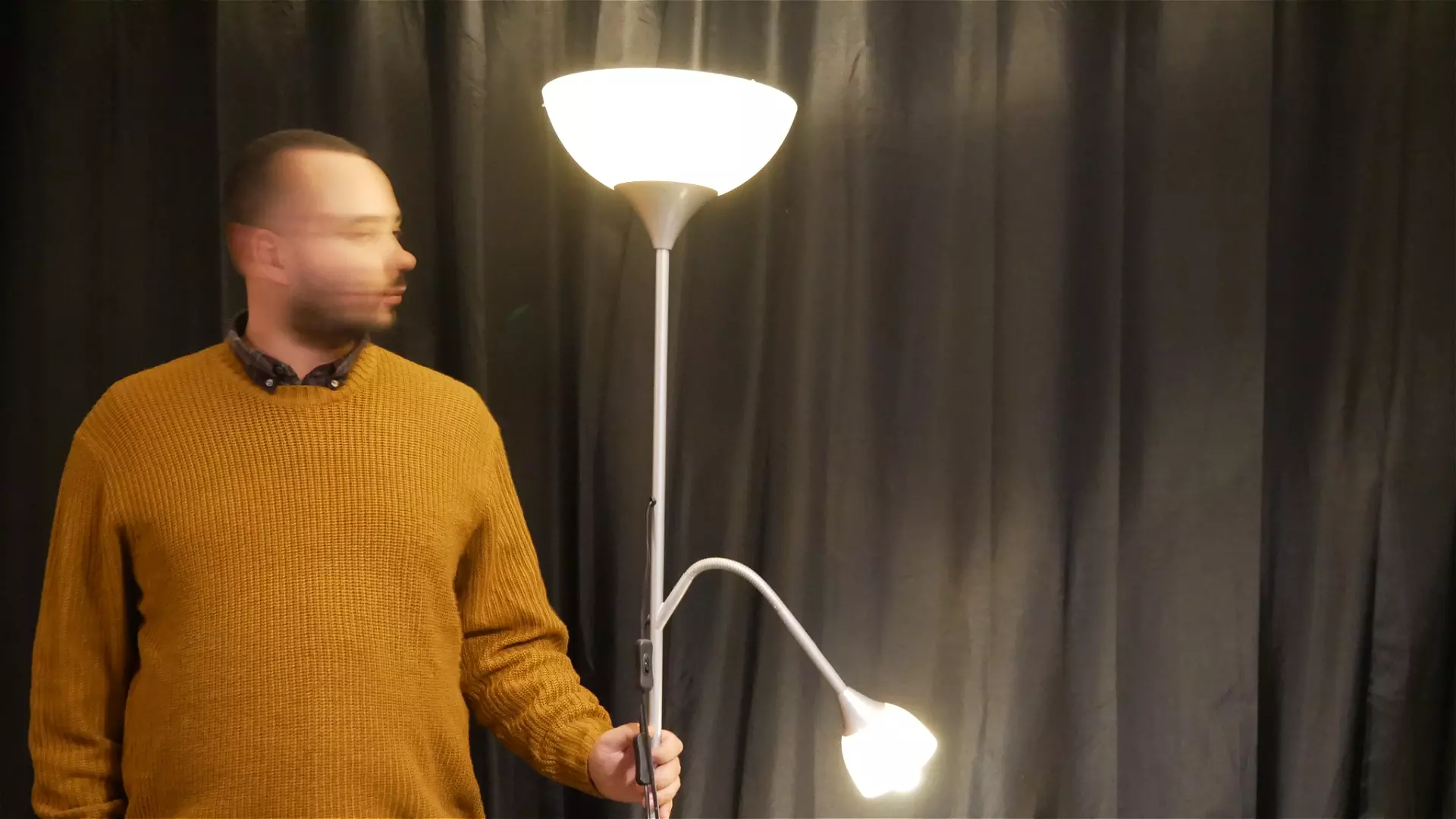Mental Health has always been a critical issue that artists have explored at Fringe festivals. In the ’90s. theatre and movement based work examined issues that were being increaingly written about in the mainstram media such as suice and depression. In recent years the diversity of art and performance is rightly being centre-staged in Fringe programmes and Brighton Fringe is no exception.
With mental health become a significant battleground in politics, arts funding has tended to follow these media tzrends resulting in vital challenges in mental health struggling to be even basically funded, bansished to the fringes of fringe. This year’s Brighton Fringe plays host to some not to be missed events and performances that create platforms and stages for the creative presentation of mental health.
Womxn Talking at Brighton Unitarian Church is on May 20th (8.30pm) is “a world premiere collaboration between Fenia Gianni, Artistic director of tríada theatre company and Sarah Barfoot, founder member of Tanglehead Productions in association with Sarah Johnson of Sweet Venues, Brighton and the Centre of Arts and Wellbeing, University of Brighton.” Audiencees will take on a diversity of themes in a show billed as “A night of monologues celebrating all womxn and raising awareness of mental health, wellbeing and community inclusion. Through the lens of womxn’s personal journeys and experiences, shared in an intimate space for the first time. Diversity, feminism, neurodiversity & sexuality.”

Exploring dissociative behaviour through dance at movement is Disintegrate which, through solo sance “makes dissociative behavior visual. It takes you to events where the body reflects something else then what is being felt and the other way around. Where body parts sometimes lead different lives and dissociate. Dancer and musician play in and against each other, with enough room left for a touch of humor;)”. Brighton’s FIshing Musem net loft plays host.
The relationship between personal and planetary well being is explored in And the Summer Shall Follow at Caravanserai. Alauda Dance “bring presents two contemporary dance works that grapple with the darkness and light of the natural world and our place within it.” This is particularly relevant in a year in which studies have found links between person depression in the young and a sense oh helplessness and hopelessness in the present and future of planet Earth. Climate depression is indeed real.
The Rotuna Theatre plays host to Instinct Pictures and Shadows, a theatre piece “that entails the stories of individuals who have been abused, depressed and also suicidal. It is a tragic story that falls in the genre of drama and storytelling about mental health and suicide prevention.” The producrtion runs once a week throughout the Fringe.

Avant-garde singer-composer Guilherme Cosme presents his new show from is album Persephone and the ghost brother (the title of his album), a “dark music visual meditation on bipolar disorder, depression, PTSD and religious brainwashing through his own experience.” Expect an immersive experience.
For some solo comedy, Róisín McCallion presents Róisín McCallion: Keeping Up Appearances, described as “a reflection on Róisín’s experiences trying to navigate her mid-twenties as a mentally ill queer northerner in London and coming to the realisation that trying to be everybody’s cup of tea really isn’t worth the effort.” You can see it at Brighton’s new year-round venue, The Actors (formerly The Marlborough Theatre).
The suicide of her mum provides the backdrop to a show in the literature and spoken word section of the Brighton Fringe programme. Seventy-Eight Thank-Yous “is about the extraordinary death and ordinary life of my Mum, who committed suicide in 2018 aged 78. Alongside the deep grief I felt, my mind began to fill with thank yous. As it did so, I laughed, cried (even more than I was already), and realised the many gifts there were not only in Mum’s life, but in her death too.” It plays at St Luke’s Church in the Queen’s Park area of Brighton (easy bus ride from the city centre).
Also looking at the experience of suicide in one’s close family is dark eomedy play Let’s Talk about Philip, a play directed by Olivier Award nominee David Bond. “When 30 years of family silence is broken Helen begins a detective-like quest to discover the hidden story behind her brother’s suicide.”
“The journey takes her back to her childhood, exotic Asian locations, a coroner’s court and the place where her brother died. As surprising details are uncovered, Helen grapples with loyalty, long-held beliefs and how much we ever really know about those we love.”

Brighter, from Beardance, is an “unfiltered look of living with bipolar, using storytelling and off-beat comedy in this personal first person perspective”. Written and performed by Rory Francis, this solo theatre piece is described as “a dynamic and inventive exploration of the personal impact living with mental illness in today’s society can have, following writer-performer Rory Francis as he navigates the ups and downs of managing the manic mind.” It also plays the Rotunda.
A personal portrayal of living with OCD (Obsessive Compulsive Disorder, and spotlighting a journey through therapy, The Loop from Mind Fog Theatre plays at the Lantern @ACT. “‘What exactly can I do with this? How can this work? My head is very– It’s so complicated. I really don’t think sticky notes can solve this riddle… This horror film that is happening on repeat in my head.'”
Described as “a delectable mix of beat poetry, theatre and song”, Nutshells at Laughing Horse at Temple Bar, we are invited by Yellow Brick Theatre to follow “Hazel’s journey from crisis point towards self-acceptance and mental well-being.”.
There are many more shows and events during the Fringe that explore questions and issues of mental health and well being and we’ll be adding more on this page soon.


















































